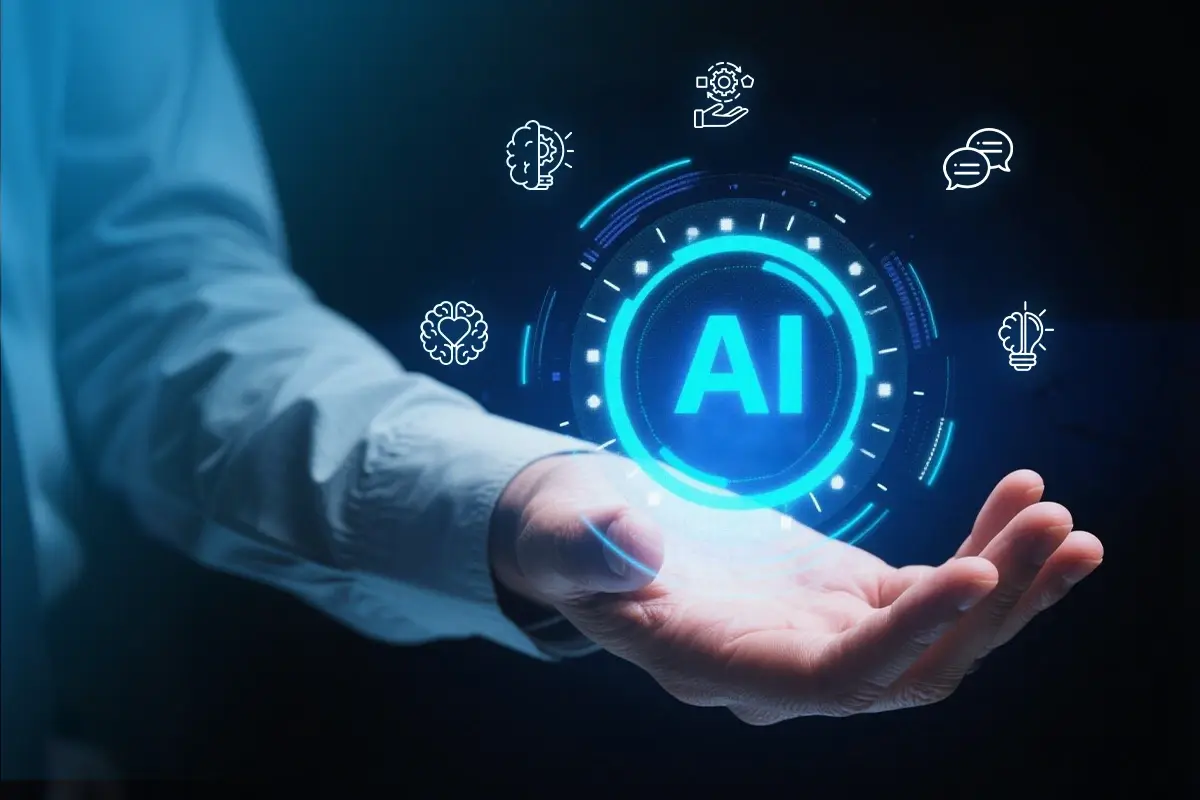Artificial Intelligence (AI) is revolutionizing every industry, from automating routine tasks to enhancing data-driven decisions. While technical skills are still important, they’re no longer enough. As machines handle more of the analytical and operational workload, the value of essential soft skills is skyrocketing.
To stay relevant and competitive, today’s professionals must evolve into a future-ready workforce equipped with human-centric abilities that machines can’t replicate.
In this blog, we’ll explore why soft skills matter in the AI era, highlight the top 5 essential soft skills, and provide insights into how employers can cultivate a team that thrives in a tech-driven world.
Why Soft Skills Matter in the Age of AI?
AI excels at data analysis, pattern recognition, and task automation. However, it lacks emotional depth, ethical judgment, and human context. This shift is propelling demand for skills that AI can’t replace, such as empathy, adaptability, and creativity.
Here’s why these abilities are more crucial than ever:
- Strategic and creative roles are growing: As task-based roles diminish, positions requiring leadership, innovation, and strategic thinking are increasing.
- Soft skills promote collaboration: In global teams and remote environments, communication and empathy become essential for cohesion.
- Adaptability drives innovation: With emerging tools and frequent market changes, only adaptable teams can stay ahead.
According to LinkedIn’s Future of Skills report, interpersonal and communication skills top the list of in-demand capabilities, solidifying the importance of developing essential soft skills.
Top 5 Essential Soft Skills for the AI Era
1. Emotional Intelligence
Often abbreviated as EQ, emotional intelligence refers to one’s ability to understand, manage, and express emotions, both their own and others’. Leaders with high EQ are better at resolving conflicts, offering constructive feedback, and maintaining morale.
Key traits:
- Empathy and active listening.
- Self-awareness and self-regulation.
- Strong interpersonal relationships.
These qualities are irreplaceable by AI, making emotional intelligence a foundational skill for the future-ready workforce.
2. Critical Thinking
AI can crunch numbers and identify trends, but it can’t evaluate ethical dilemmas, interpret social implications, or make subjective judgments.
Why it matters:
- Enables professionals to analyze information with scepticism and logic.
- Helps in identifying opportunities, risks, and solutions.
- Supports decision-making based on more than just raw data.
Critical thinkers are essential in strategy roles where reasoning and experience outweigh automation.
3. Adaptability
Change is no longer a one-time event, it’s constant. From AI integrations to shifting business models, professionals must pivot quickly and effectively.
Traits of adaptable individuals:
- Open-mindedness and willingness to learn.
- Flexibility in job roles or responsibilities.
- Comfort with ambiguity and rapid transformation.
A future-ready workforce must embrace learning as a lifelong process and view change as a growth opportunity.
4. Communication Skills
In the age of remote work and virtual collaboration, clear communication isn’t optional, it’s vital.
Strong communicators can:
- Express ideas clearly in both verbal and written forms.
- Navigate cultural nuances in global teams.
- Foster trust and transparency in relationships.
AI may facilitate translations or summaries, but it cannot convey tone, context, or emotion like a human can.
5. Creativity and Innovation
While AI can optimize existing processes, only humans can think outside the box to create something truly original.
Creative professionals can:
- Generate innovative ideas and novel solutions.
- Combine disparate concepts into fresh approaches.
- Drive product and service innovation.
Creativity ensures relevance and differentiation in a world where automation is the norm.
How Employers Can Build a Soft Skill-Strong Team?
Hiring for soft skills requires a different approach than hiring for technical capabilities. Here are some proven strategies:
1. Identify Soft Skills During Interviews
- Use behavioural interview questions (e.g., “Describe a time you resolved a team conflict”).
- Implement role-playing scenarios to observe adaptability, communication, and problem-solving.
2. Offer Continuous Soft Skills Training
- Invest in workshops and coaching for emotional intelligence, communication, and leadership.
- Promote cross-functional team projects that enhance collaboration.
3. Partner with the Recruitment Agency for Top Talent
At Hire Labour, we understand that soft skills are the cornerstone of a successful workforce. Our platform connects businesses with candidates who not only meet technical requirements but also demonstrate the essential soft skills needed in the modern workplace.
Whether you’re looking for leaders with empathy, innovators who think differently, or communicators who unite global teams, Hire Labour helps you build teams that thrive in the AI era.
Key Takeaways
As AI continues to redefine roles across industries, the importance of essential soft skills cannot be overstated. Emotional intelligence, adaptability, communication, critical thinking, and creativity are the skills that AI can’t replace, and they will be the foundation of human success in the decades to come.
To remain competitive, individuals must commit to continuous learning, and employers must prioritize soft skill development in hiring and training strategies.
Ready to future-proof your workforce?
Visit Hire Labour today and take advantage of our expert staffing services in Canada to build a human-centered team equipped to thrive in today’s fast-paced, tech-driven world.
FAQs
What are essential soft skills?
Essential soft skills are interpersonal and cognitive abilities such as communication, emotional intelligence, adaptability, creativity, and critical thinking that enable effective collaboration and problem-solving in the workplace.
Why are soft skills important in the age of AI?
Soft skills are crucial because they represent human qualities that machines can’t replicate—like empathy, judgment, and innovation. As AI handles more technical tasks, human skills become the differentiators.
Can soft skills be developed?
Absolutely, soft skills can be learned and strengthened through practice, feedback, coaching, and real-life experience. Many companies now offer training programs focused on developing these abilities.
How do I showcase soft skills during a job interview?
Use specific examples from past experiences to demonstrate how you handled conflict, adapted to change, collaborated with others, or solved complex problems creatively.




